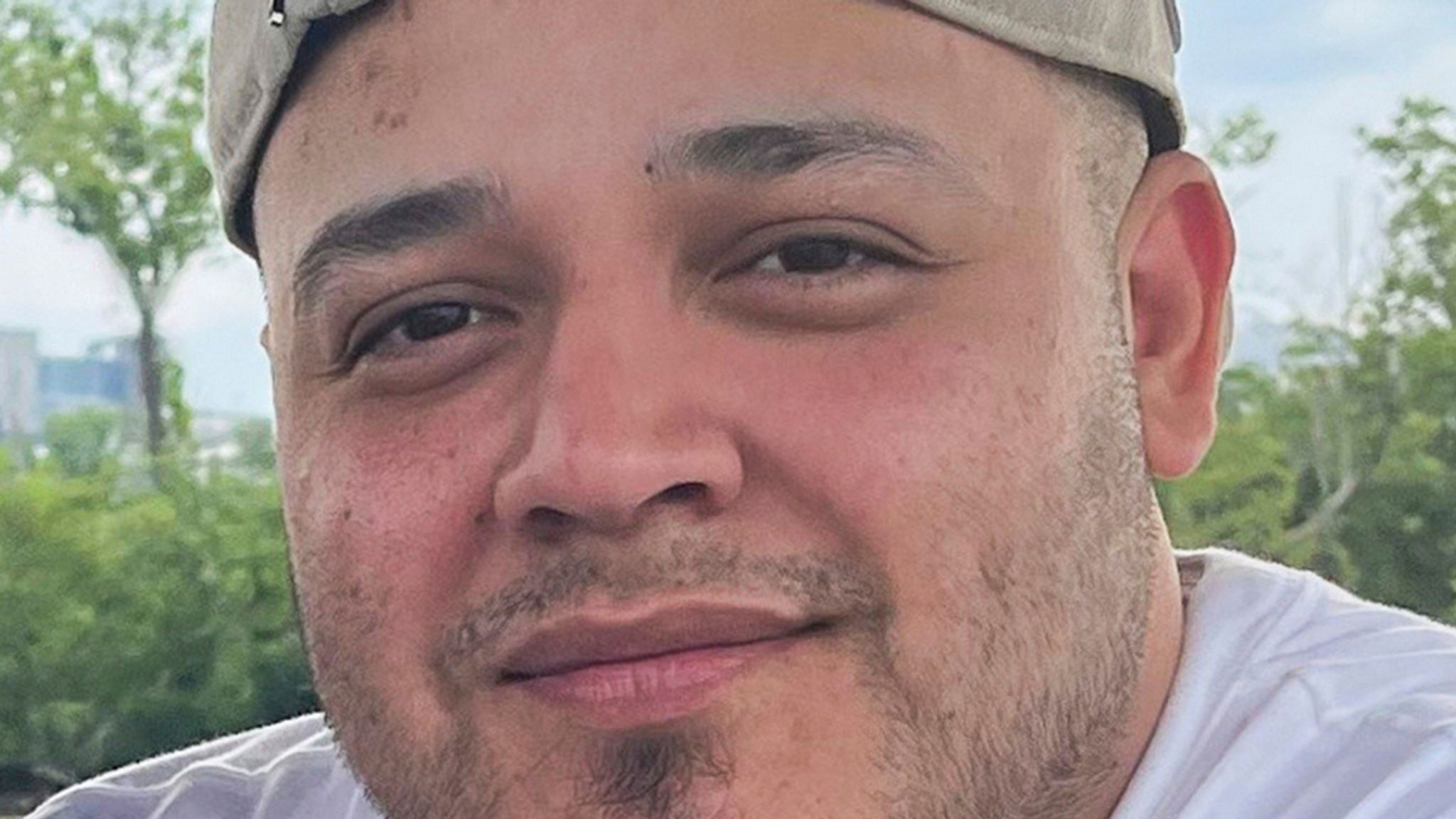Who is Kilmar Abrego Garcia?

Kilmar Abrego Garcia, a Salvadoran immigrant residing in Maryland, has recently been thrust into the international spotlight after a complex and controversial series of legal events. Initially deported in violation of a U.S. court order, Abrego Garcia is now at the center of a high-profile criminal case involving human smuggling, gang affiliations, and potential violations of due process. His story sheds light on the systemic challenges facing immigration enforcement and judicial oversight in the United States.
The Deportation Controversy: A Legal Misstep
In March 2025, despite a standing federal court order blocking his removal, Kilmar Abrego Garcia was deported to El Salvador. He was granted protection from removal in 2019 after citing credible fears of gang violence, a claim often central to asylum applications. His forced return to El Salvador not only violated judicial authority but also exposed him to immediate danger—he was quickly detained in the country’s notorious Terrorism Confinement Center (CECOT), typically reserved for gang members and other high-risk individuals.
This mishandling triggered a firestorm in legal and political circles, drawing scrutiny from immigration attorneys, civil rights groups, and government watchdogs.
Return to the U.S.: Legal Pressure and Supreme Court Intervention
Following intense legal pressure and media scrutiny, the U.S. Supreme Court ruled that Abrego Garcia’s deportation was illegal. In a rare move, the federal government reversed course. On June 6, 2025, Garcia was returned to the United States to face criminal charges—marking one of the most controversial returns in recent immigration history.
His legal team argued that the deportation was not just a bureaucratic error but a politically motivated action aimed at silencing a vulnerable individual. Meanwhile, immigration advocates called for accountability, demanding reforms to ensure judicial orders are upheld regardless of political climate.
Criminal Charges: Human Smuggling and More
Shortly after his return, Abrego Garcia was indicted in Tennessee federal court on several serious charges:
- Conspiracy to transport undocumented immigrants
- Human smuggling for profit
- Alleged facilitation of MS-13 gang member migration
- Soliciting explicit content from a minor
- Links to a retaliatory homicide
Federal prosecutors allege that over a nine-year period, Abrego Garcia operated a sophisticated network smuggling Central American migrants into the United States. Evidence includes traffic camera footage, digital communications, bank transactions, and testimony from cooperating witnesses.
📂 Prosecutor’s Statement: “This case exemplifies the U.S. commitment to dismantling criminal networks that profit from human suffering.”
Political Reactions and Public Outcry
The case of Kilmar Abrego Garcia has ignited heated debates on both sides of the political spectrum. Supporters of stricter immigration policies cite his alleged involvement in smuggling and violence as justification for tougher border controls. Conversely, civil liberties groups argue that his illegal deportation undermines judicial authority and due process.
Even within the Department of Justice, the controversy sparked turmoil. A veteran federal prosecutor reportedly resigned in protest, citing “political pressure and overreach.”
Immigration System Under the Microscope
Abrego Garcia’s case is far from isolated. It highlights deeper issues within the U.S. immigration system, including:
- Failure to enforce court orders
- Opaque deportation procedures
- Misuse of detention facilities abroad
- Political manipulation of federal law enforcement
These problems raise questions about whether due process is consistently upheld and how policy can evolve to protect both national security and individual rights.
📌 Want to learn more? Read our deep dive on U.S. Deportation Policies
What Happens Next?
As the legal case proceeds, Kilmar Abrego Garcia’s defense team is expected to challenge the charges, arguing that the evidence is circumstantial and politically motivated. Meanwhile, the Department of Justice is ramping up its focus on transnational smuggling networks, suggesting this case could serve as a legal precedent.
The court proceedings could also determine the future of Garcia’s immigration status—especially if the deportation is formally deemed illegal by a federal judge.
Final Thoughts
The saga of Kilmar Abrego Garcia is more than just a criminal case; it’s a lens into the complexities and contradictions of the U.S. immigration system. From illegal deportation to international detention and back again, this story is likely to remain at the forefront of legal and political discourse for months—if not years—to come.
Whether viewed as a cautionary tale or a justified prosecution, it underscores one unshakable truth: Injustice anywhere in the system can have far-reaching consequences.


